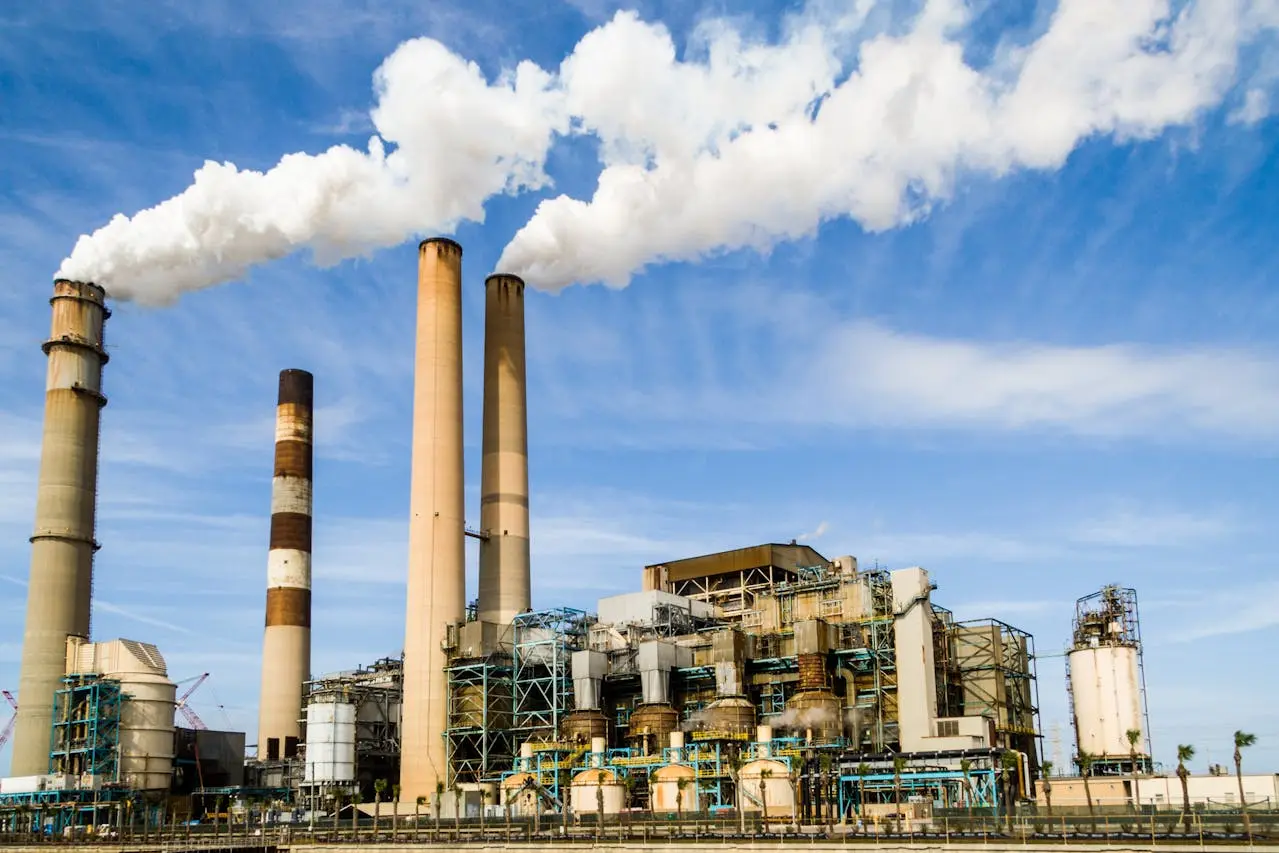From assembly lines to advanced manufacturing, industries have long thrived on energy-hungry systems. But today, as the global spotlight intensifies on industrial emissions, businesses can no longer afford to operate as they once did.
Decarbonization, the strategic reduction of carbon emissions across processes, is fast becoming a defining force behind future-ready operations. And it’s not just about ticking compliance checkboxes.
It’s about reshaping how entire industries function, using electrical instruments, energy-efficient equipment, and smarter infrastructure to cut emissions without compromising output. As industrial landscapes evolve, those who prioritise decarbonization today are poised to lead tomorrow. Read how decarbonization helps industries to build a sustainable future.
Understanding Decarbonization in an Industrial Context
Decarbonization is the process by which industries aim to minimise their carbon emissions throughout their operations. This typically involves three key approaches:
- Transitioning to Electrification: Replacing combustion-based systems with electrical equipment that is powered by cleaner energy sources.
- Enhancing Energy Efficiency: Deploying intelligent automation systems and devices that optimise energy use.
- Reconfiguring Supply Chains and Manufacturing Processes: Shifting from high-emission raw materials and operations to greener alternatives.
In industrial ecosystems, the deployment of electrical infrastructure plays a critical role. From precision instruments that monitor emissions in real time to automated devices that regulate energy consumption, technology now enables industries to systematically integrate decarbonization goals into their workflows.
Why Decarbonization is Now a Strategic Imperative?
The industrial sector is one of the major contributors to global emissions. Without intervention, this figure is likely to increase in line with population growth and consumer demand.
However, the call for decarbonization is not just a matter of meeting international commitments like the Paris Agreement. For industries, it’s also about:
- Reducing operational costs over time by transitioning to energy-efficient systems.
- Improving compliance with increasingly stringent environmental regulations.
- Enhancing investor appeal as sustainability metrics gain importance in corporate valuation.
- Mitigating risk related to supply chain disruptions caused by resource volatility or geopolitical pressure.
Employing smart, connected energy management systems enables industrial players to not only monitor but also control emissions, thus integrating sustainability directly into the production ecosystem.
Key Technologies Accelerating Industrial Decarbonization
To achieve meaningful decarbonization, industries are turning to a mix of cutting-edge technologies and operational strategies, including:
- Digital Twins and Simulation Tools: These digital models allow businesses to test the environmental impact of proposed changes before implementing them physically.
- Smart Grid Integration: By connecting to responsive electrical grids, manufacturers can dynamically adjust energy loads and take advantage of cleaner energy when available.
- Predictive Maintenance: By using data from sensors in electrical equipment, companies can predict breakdowns and inefficiencies, which helps to minimise energy waste.
- Load Optimisation Algorithms: These tools enable industries to strategically plan energy consumption during non-peak hours, reducing emissions and utility costs.
These systems are increasingly being incorporated not only for compliance but also for productivity and ROI-driven performance improvements.
Challenges on the Path to Decarbonization
Despite the promising potential of industrial decarbonization, there are substantial challenges that must be addressed. These include:
- High upfront costs are associated with retrofitting existing plants or installing new low-emission equipment.
- Technological complexity in integrating multiple systems and protocols, particularly in legacy infrastructures.
- Skill gaps among existing personnel in operating advanced digital energy systems.
Empowering Industry Through Smarter Energy Partnerships
Industrial decarbonization is more than a buzzword; it is a global industrial imperative driven by evolving market expectations and stringent regulations. To succeed, businesses must reimagine their energy ecosystem from the ground up, incorporating state-of-the-art electrical instruments, deploying connected devices, and employing energy management systems that deliver precision and accountability.
But beyond the systems and strategies lies the human element: choosing the right partners. Partnering with reputable energy brands ensures that industries don’t just install devices; they implement holistic solutions built for resilience, scalability, and performance. These collaborations foster long-term value and empower businesses to stay ahead in a market.






Leave a Comment
You must be logged in to post a comment.